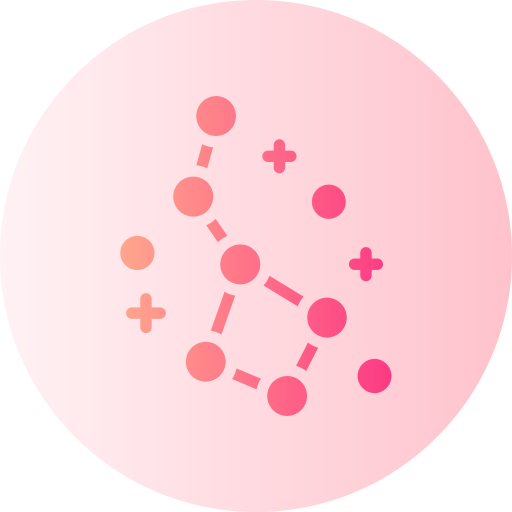Catheter Change Service at Home in Dubai |
Urine Catheter Change Service in Dubai at Home | Urine Catheter Care in Dubai at Home for Male /Female | Foley Catheter Change at Home in Dubai
What is Urine Catherization?
Urinary catheterization, also known simply as catheterization, is a medical procedure in which a thin, flexible tube called a catheter is inserted into the bladder through the urethra or, in some cases, through a small opening surgically created in the lower abdomen (suprapubic catheterization). The primary purpose of urinary catheterization is to drain urine from the bladder when normal urinary function is impaired or needs to be monitored closely.
Catheterization may be necessary for various medical reasons, including:
-
Urinary Retention: When an individual is unable to empty their bladder adequately due to factors such as urinary obstruction, neurological disorders, or after certain surgeries, catheterization can help drain urine and relieve bladder pressure.
-
Surgery: Catheterization is often performed during surgical procedures to monitor urinary output, prevent bladder distension, or facilitate surgical access to the urinary tract.
-
Urinary Incontinence Management: In cases of severe urinary incontinence that cannot be managed with other interventions, catheterization may be used to collect urine and maintain skin integrity.
-
Monitoring and Measurement: Catheterization allows for accurate measurement of urine output in critically ill patients, those undergoing certain medical treatments, or individuals requiring strict fluid management.
-
Bladder Irrigation: Catheters may be used to instill fluids into the bladder for therapeutic purposes, such as flushing out blood clots or administering medications directly to the bladder.
The catheter remains in place temporarily or, in some cases, long-term, depending on the individual's medical condition and needs. Proper catheter care is essential to minimize the risk of complications, such as urinary tract infections, bladder irritation, or catheter blockages.
Urinary catheterization should always be performed by trained healthcare professionals using sterile techniques to reduce the risk of infection and other complications. It's important for patients and caregivers to receive education on catheter care, potential complications, and when to seek medical assistance if problems arise.
Urine Catheter Care Services in Dubai at Home
At Urine Catheter Care Services, we understand the importance of providing skilled care for individuals requiring home catheterization in the region of dubai. Our skilled nurses ensures comfort, safety, and dignity for patients in the comfort of their homes and our services are available in entire emirates of Dubai. Whether it's temporary or long-term catheterization needs, we're here to support you every step of the way.
Our primary purpose is to facilitate the management of urinary issues for individuals who require catheterization. This can include those recovering from surgery, individuals with urinary retention or incontinence, or those with neurological conditions affecting bladder function. By offering catheter care at home, we maintain convenience, privacy, and overall quality of life for our clients.
Procedure:
Our trained professionals follow a meticulous procedure to ensure proper catheter care:
-
Assessment: We begin by assessing the patient's specific needs, medical history, and any existing conditions to tailor our care plan accordingly.
-
Catheter Insertion: If required, we skillfully insert the urine catheter using sterile techniques, minimizing the risk of infection or discomfort.
-
Maintenance: In Regular maintenance of the catheter is crucial. We also provide maintance service where our team ensures the urine catheter remains clean, secure, and functioning correctly to prevent complications such as infections or blockages.
-
Monitoring: We monitor the patient's urinary output, catheter site, and overall condition to detect any signs of complications promptly.
-
Education: We provide comprehensive education to both patients and their caregivers on catheter care techniques, recognizing signs of any infection, and when to seek medical assistance.
-
Catheter Change: Catheter change is performed as per the recommended schedule or when necessary due to blockages, infections, or other issues. This procedure is carried by skilled DHA licensed nurses with precision and care to minimize discomfort and reduce the risk of complications.
Types of Issues During Catheter Change:
While catheter changes are routine procedures, several issues may arise:
-
Blockages: Urine Catheters can become blocked due to sediment, blood clots, or encrustation, leading to urinary retention or leakage.
-
Infections: Infections, such as urinary tract infections (UTIs), can occur if proper hygiene practices are not followed during catheterization or if the catheter is left in place for too long.
-
Trauma to the Urethra: Improper catheter insertion or change or removal can cause trauma to the urethra, leading to pain, bleeding, or tissue damage.
-
Catheter Malfunction: Catheters may malfunction due to kinks, twists, or dislodgment, resulting in urinary flow obstruction or leakage.
-
Allergic Reactions: Some individuals may experience allergic reactions to catheter materials, leading to irritation, inflammation, or rash around the catheter site.








